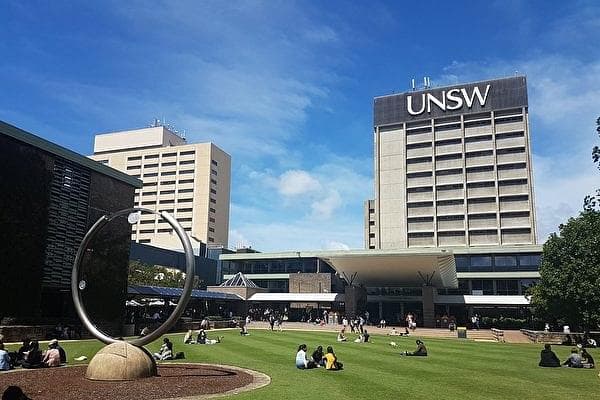Master of International Relations at University of New South Wales
Sydney, Australia
- Tuition Fee AU$ 38,325
- Country Rank#1
- Duration24 Months
- Score IELTS: 7 TOEFL: 94
Program Overview
The UNSW Master of International Relations recognises the complexity and the globalised nature of today’s world, and is specifically designed to advance your understanding of global politics and foreign policy. Through this degree, you’ll critically examine theories and issues in contemporary world politics. You’ll explore international security, great-power rivalry, regional conflicts, nuclear proliferation, global environmental politics, civil conflict and terrorism, human rights, gender politics, international political economy, development and other pressing international issues.
Alongside this, you’ll learn to understand how these concepts and theories in international relations shape our view of the world. You’ll graduate with the in depth knowledge and experience to work in a variety of sectors in Australia and internationally, from NGO’s to government organisations and multinational corporations.
Cost Of Studying At University of New South Wales
Interest rates as low as 8.9% *
250K+
Students Assisted
800Cr+
Loan Amount Disbursed
5000+
Loans Sanctioned
